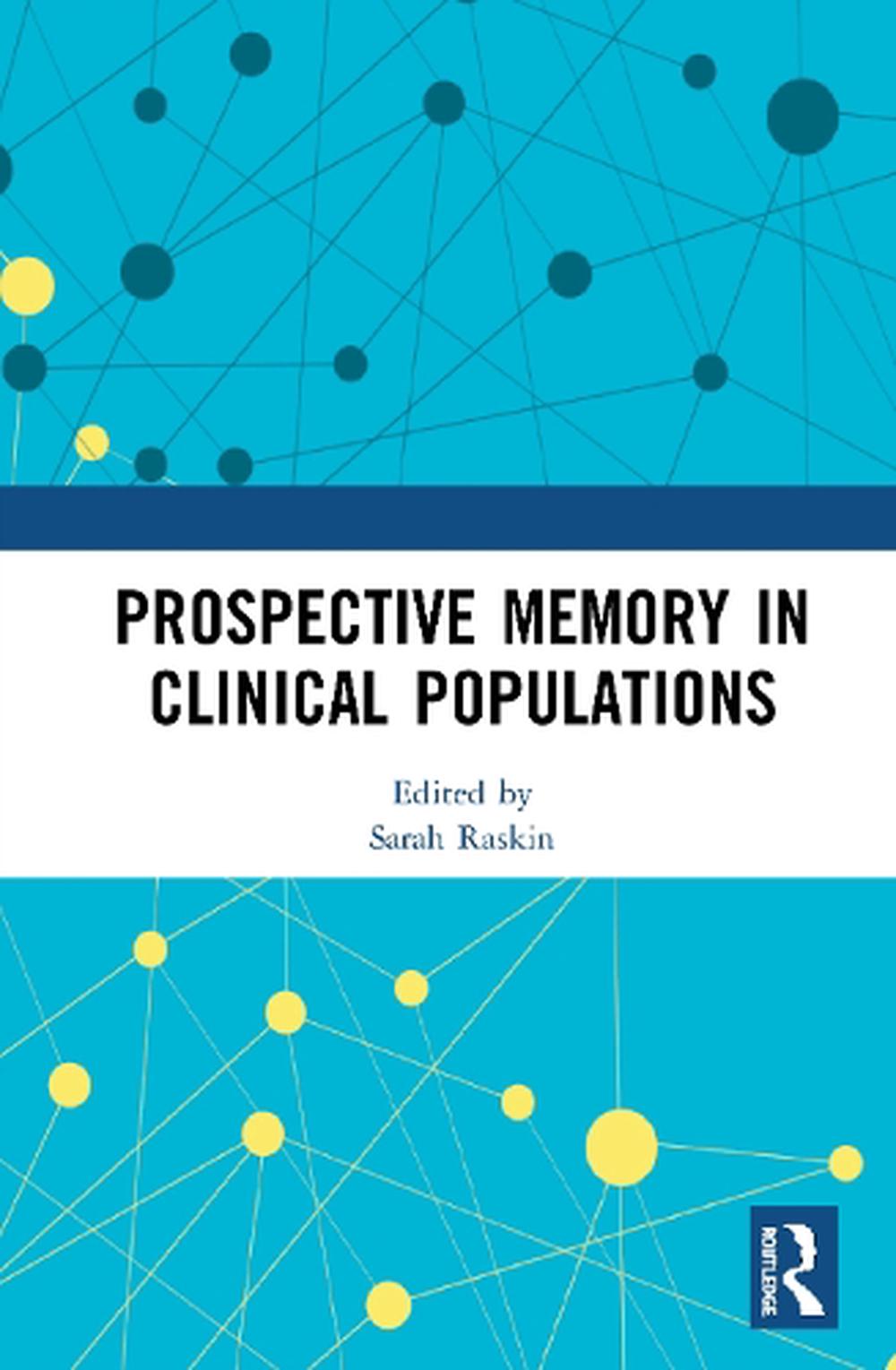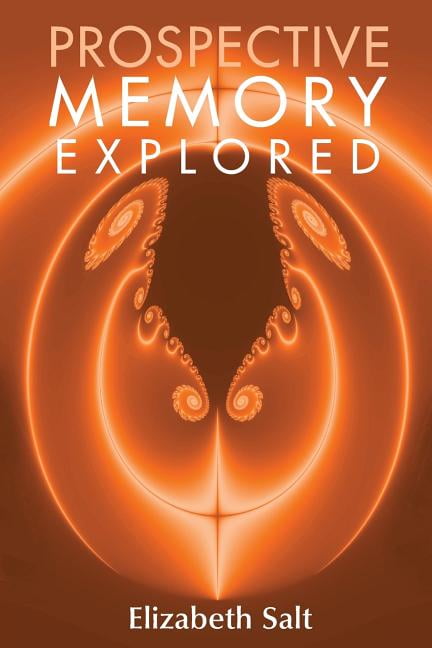

Therefore, a systems approach is needed to fully understand PM processes, thus supporting workers and eventually minimizing errors and increasing safety. PM in sociotechnical settings is a complex process involving human and nonhuman agents. In the present paper, we briefly review PM research in healthcare and aviation, focusing on naturalistic studies using expert workers, and we present the concept of distributed prospective memory, which incorporates the interaction between the environment and the individual when future tasks must be remembered. Although researchers have made progress in understanding how individuals remember future tasks, system-level support for PM has seldom been addressed. Workers in complex sociotechnical systems such as healthcare and aviation face many PM challenges and forgetting tasks can have severe consequences. Moreover, the data indicated that narcolepsy type 1 patients may show a disease-specific cognitive deficit of PM.Īn important cognitive function is the ability to remember to execute future tasks, a capability known as prospective memory (PM).

Overall, the present results seem to point to sleep quality having no effect on the efficiency of a naturalistic activity-based PM task. However, only narcolepsy type 1 patients presented a significantly impaired PM performance at get-up time, remembering to push the event-marker button around half the time compared not only to healthy controls but also to the other clinical groups. Each clinical group showed significantly lower sleep quality in comparison to the control group. In a naturalistic activity-based PM task, each participant originally wore an actigraph around the non-dominant wrist and was requested to push the event-marker button at two specific times of day: bedtime (activity 1) and get-up time (activity 2). We examined a total of 3600 nights, recorded using actigraphy in participants belonging to the following groups: primary insomnia (731 nights) narcolepsy type 1 (1069 nights) attention deficit hyperactivity disorder (152 nights in children and 239 in adults) severe obesity (232 nights) essential hypertension (226 nights) menopause (143 nights) healthy controls (808 nights). If sleep is important for PM function, we could expect poor sleep to affect PM performance tasks both directly and indirectly. To examine the role of sleep quality in PM in depth, we decided to perform a retrospective naturalistic study examining different clinical populations with a primary sleep disorder or comorbid low sleep quality. This ability could be influenced by poor sleep quality, the role of which, however, is still being debated. Prospective memory (PM) is essential in everyday life because it concerns the ability to remember to perform an intended action in the future. Our findings reveal substantial variability in intention encoding, and demonstrate that some components of prospective memory encoding can be done “in passing.” In a final experiment, encoding duration was unrelated to prospective memory performance however, specific-exemplar encoders outperformed general-category encoders with no ongoing task monitoring costs. Few participants correctly guessed the research hypotheses and changing from fruit category cues to initial-letter cues eliminated reports of specific exemplar generation, thereby arguing against demand characteristics in the thought probe procedure. Bayesian analyses of encoding durations indicated that specific exemplars came to mind in a perfunctory manner rather than via strategic, elaborative mechanisms. Even though participants were given a general category cue, many participants generated specific category exemplars (34.5%). Consistent with the perfunctory view, participants often reported mind wandering (42.9%) and hardly thinking about the prospective memory task (22.5%). They then typed what they were thinking and responded whether they encoded fruits as a general category, as specific exemplars, or hardly thought about it at all.

In eight studies (N = 680), we instructed participants to remember to press the Q key if they saw words representing fruits (cue) during an ongoing lexical decision task. Yet, there remains a gap in understanding as to whether initial encoding of the intention must be elaborative and strategic, or whether some components of successful encoding can occur in a perfunctory, transient manner. For nearly 50 years, psychologists have studied prospective memory, or the ability to execute delayed intentions.


 0 kommentar(er)
0 kommentar(er)
